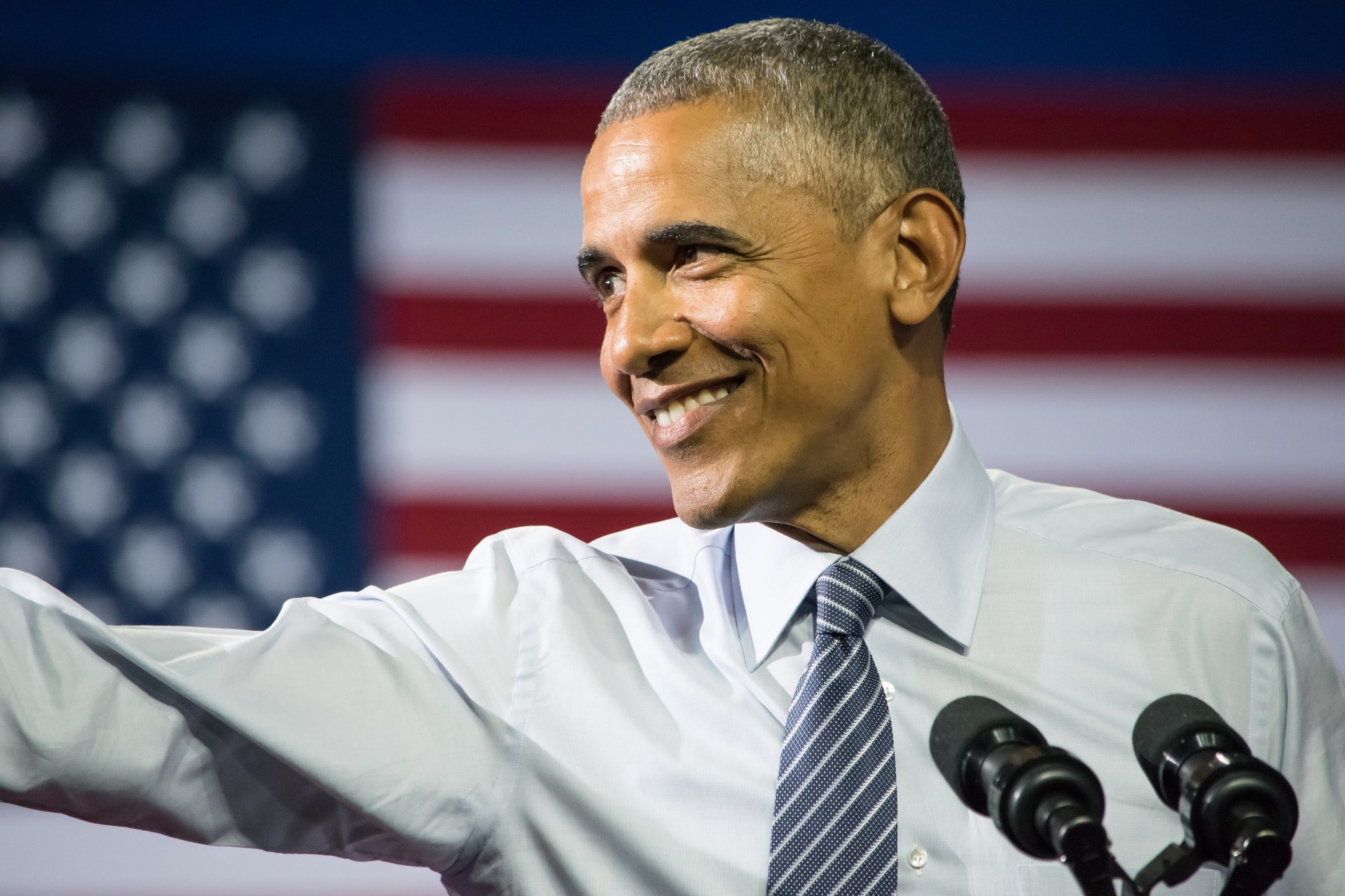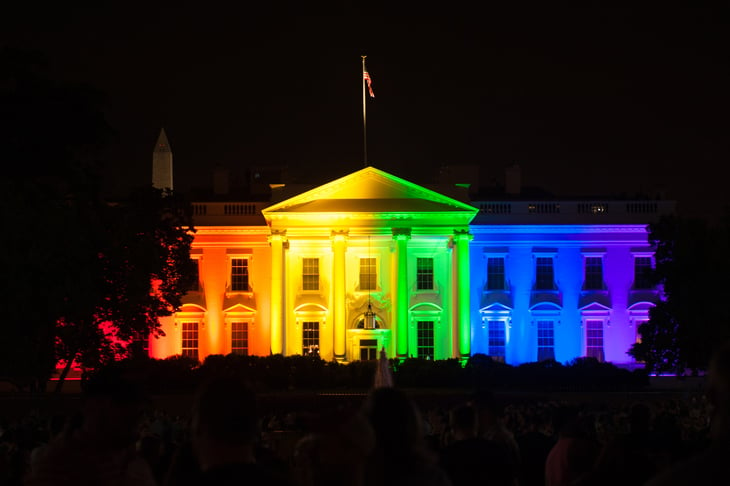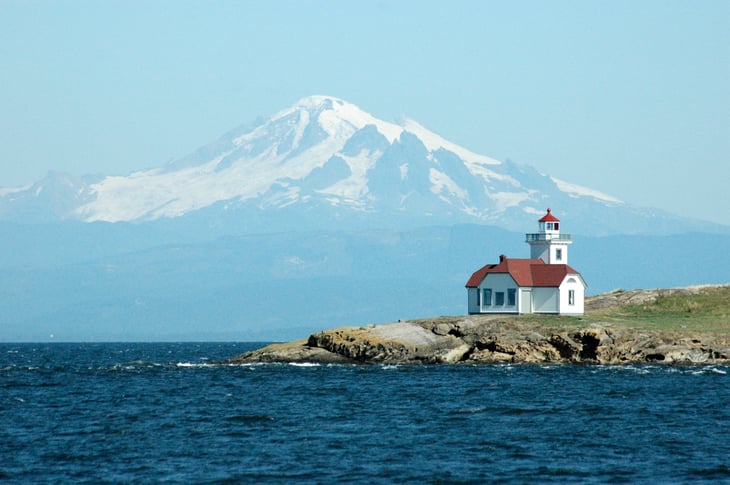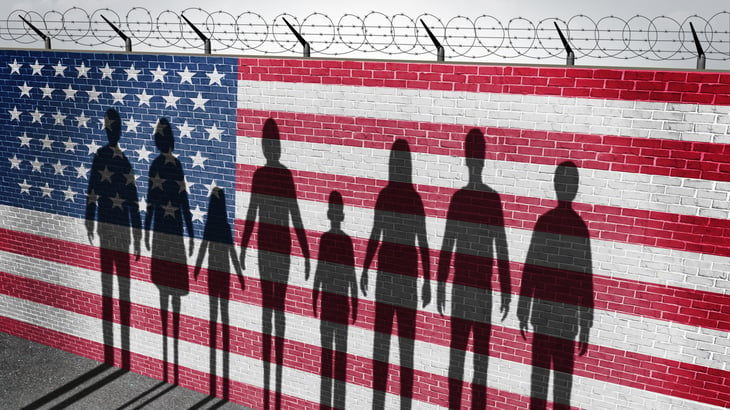
President Barack Obama will soon depart the Oval Office for good — handing over the reins of power to President-elect Donald Trump.
But how will Obama be remembered?
Here’s a look at nine things the 44th president of the United States leaves behind after eight years in office.
1. Jobs

The United States has largely recovered from the Great Recession that plagued the economy when Obama first took office. The month after his inauguration, in February 2009, the nation’s unemployment rate hovered just below 8 percent and the economy lost nearly 600,000 jobs. In some of the hardest-hit places — like the RV manufacturing town of Elkhart, Indiana — the jobless rate was over 20 percent.
That’s a bleak picture compared with the U.S. economy today. PBS explains:
“Fast forward, and today, the unemployment rate is 4.7 percent. In December, the U.S. economy added 156,000 jobs, and our Solman Scale U7, a comprehensive measure of unemployment and underemployment, hit a low of 11.3 percent.”
2. Presidential creatures

Nine different animal species now bear Obama’s name — ranging from a trapdoor spider (Aptostichus barackobamai) to a striolated puffbird that lives in the Amazon forest treetops (Nystalus obamai). According to Science, that’s more than were named after any other president. Biologists who named the colorful spangled darter fish (Etheostoma obama) after the president told Science that it was a tribute to the president’s “focus on clean energy and environmental protection.”
3. Health coverage

In his effort to expand access to affordable health insurance to more Americans, Obama reshaped health care in the United States.
Obama signed off on the Children’s Health Insurance Authorization Act of 2009, which expanded the Children’s Health Insurance Program (CHIP) to 4 million more children. The CHIP expansion was paid for by a tax increase on tobacco products.
But his best-known — and most controversial — initiatives came in the form of the health care reform law called the Affordable Care Act, also known as Obamacare, which was signed into law in 2010.
Since passage of the ACA, the number of uninsured Americans shrank from nearly 50 million in 2010 to 28.4 million last year, the Associated Press reports. The ACA also required insurers to cover people with pre-existing conditions, allow children to stay on parents’ policies through age 26 and eliminate out-of-pocket costs for many preventive health services.
Obamacare is far from perfect, especially in its impact on insurance costs. Between 2009 and 2016 the premium cost covered by Americans with workplace insurance rose by hundreds of dollars and the average deductible increased 130 percent, going from $533 to $1,221, according to the AP.
The Republican-led Congress and Trump are already working to repeal and replace the ACA. (To get up to speed on their efforts, check out: “What You Need to Know — So Far — About the Threat to Obamacare.”)
But even if the ACA is repealed, some experts believe the law set the stage for higher expectations among the American public.
“The American people have now set new standards for access to health care based on the Affordable Care Act,” former Surgeon General David Satcher tells the AP. “I don’t believe it will ever be acceptable again to have 50 million people without access to health care.”
4. LGBTQ rights

Obama has done more than any other president to advance the equal rights of lesbian, gay, bisexual, transgender and queer Americans, according to the Human Rights Campaign, a nonprofit that supports LGBTQ causes.
Not only did Obama repeal the military’s “Don’t Ask, Don’t Tell” policy, an action that allowed gay and lesbian Americans to serve openly in the U.S. armed forces, but he also supported and signed off on other policy and regulatory changes to protect LGBTQ Americans from job discrimination and hate crimes. Obama also appointed a record number of LGBTQ Americans to high-ranking positions.
Obama told an interviewer in 2012 that he had come to support the right of same-sex couples to marry. During his second term, the Supreme Court legalized same-sex marriage nationwide — a huge landmark for the LGBTQ community.
(See the HRC’s full rundown of changes made under Obama here.)
5. National monuments

Obama created or expanded a record-setting 34 national monuments through the Antiquities Act during his eight years in office, inching past the previous record holder, President Franklin D. Roosevelt, who created 32 monuments. Sites designated as national monuments are not only overseen by the National Park Service, but they also become eligible for federal funding.
“I have sought to build a more inclusive National Park System and ensure that our national parks, monuments and public lands are fully reflective of our nation’s diverse history and culture,” Obama said in a Jan. 12 statement. The sites named include some that highlight Reconstruction Era history, and leaders in the civil rights movement, the fight for gay and lesbian rights and the women’s movement.
By creating or expanding national monuments, Obama also protected huge swaths of land (and sea) of ecological importance and to protect critical biodiversity and wildlife habitat.
6. Renewable energy

Obama invested more in renewable energy research than any previous presidential administration. He designated a whopping $90 billion — part of the 2009 economic stimulus passed by Congress — for research on smart grids, electric cars, biofuels, renewable electricity generation and cleaner coal, according to Washington Monthly.
Obama wrote in a policy paper published in the academic journal Science that, regardless of what Trump does relating to renewable energy in his presidency, the clean energy trend is “irreversible.”
“Putting near-term politics aside, the mounting economic and scientific evidence leave me confident that trends toward a clean-energy economy that have emerged during my presidency will continue. The economic opportunity for our country to harness that trend will only grow.”
7. Wall Street regulations

Obama in 2010 signed the Dodd-Frank Wall Street Reform and Consumer Protection Act, which tightened regulations and oversight on the banking industry after actions that contributed to the Great Recession of 2007-2009. The law also created the Consumer Financial Protection Bureau, a federal watchdog for abusive lending products and financial institutions.
Some of Obama’s detractors on the right say the regulations are burdensome to businesses and the CFPB should be eliminated. But for many Obama critics on the left, he didn’t go far enough. Cornel West, a Harvard professor and prominent member of the Democratic Socialists of America, wrote in The Guardian that his continuing of the George W. Bush administration’s 2008 bailout of Wall Street banks showed a “lack of courage” by Obama:
“In March 2009, Obama met with Wall Street leaders. He proclaimed: I stand between you and the pitchforks. I am on your side and I will protect you, he promised them. And not one Wall Street criminal executive went to jail.”
8. Deportation record

The sheer number of deportations that occurred during Obama’s presidency earned him the nickname “the deporter-in-chief.” Obama deported 2.5 million illegal immigrants from 2009 through 2015. That’s more than every U.S. president of the 20th century combined, ABC News reports.
The Obama administration and its supporters note that deportation efforts under his White House focused on serious criminals, not families. But critics say many continue to be low-level criminal offenders or those who commit immigration offenses.
9. Ongoing war

Obama vowed to end American troops’ involvement in the military conflicts in Iraq and Afghanistan. Although the last U.S. troops left Iraq in December 2011, there are still American soldiers on the ground in Afghanistan. And, even though Obama was not in office when these conflicts started — he inherited them from President George W. Bush — he has the dubious distinction of being the only two-term president to have the U.S. military at war for his entire presidency.
As commander-in-chief, Obama cut the number of U.S. troops serving in war zones from 150,000 to 14,000, according to the Los Angeles Times. But new technology like armed drones and cyberwarfare have played a big role in recent years, changing the entire concept of war.
“We’re now wrapped up in all these different conflicts, at a low level and with no end in sight,” Jon Alterman, Middle East specialist at the Center for Strategic and International Studies, a Washington-based nonprofit think tank, told the L.A. Times.
What will you remember best about the Obama years? Share with us in comments below or on our Facebook page.




Add a Comment
Our Policy: We welcome relevant and respectful comments in order to foster healthy and informative discussions. All other comments may be removed. Comments with links are automatically held for moderation.